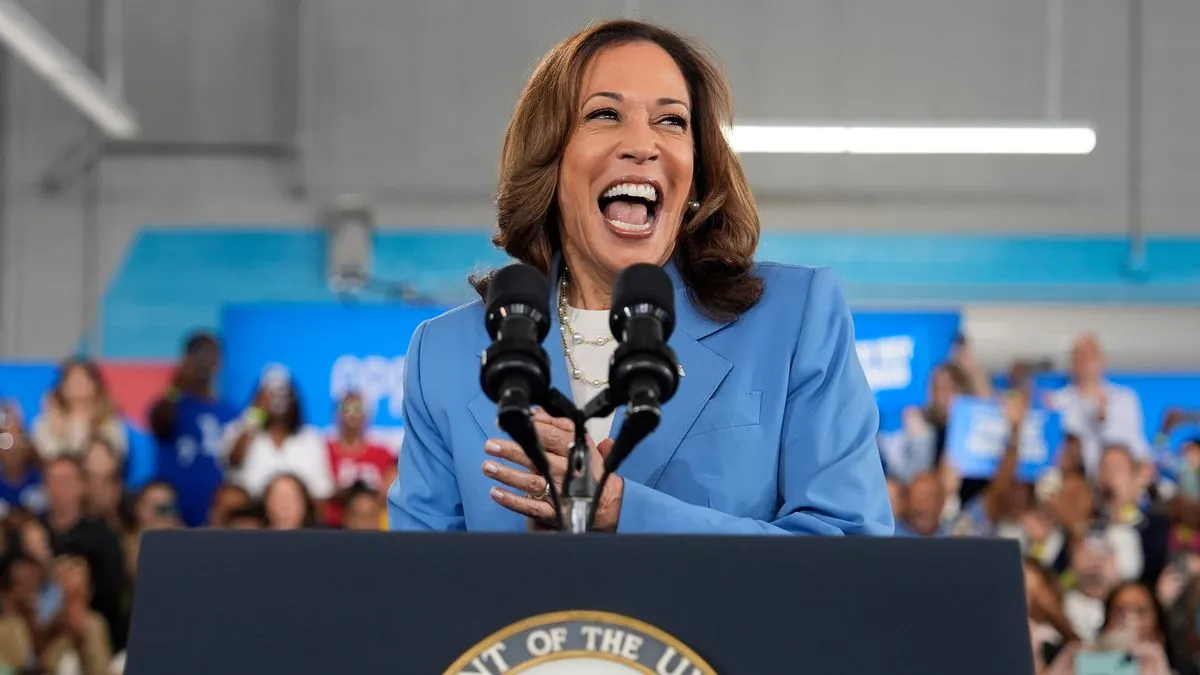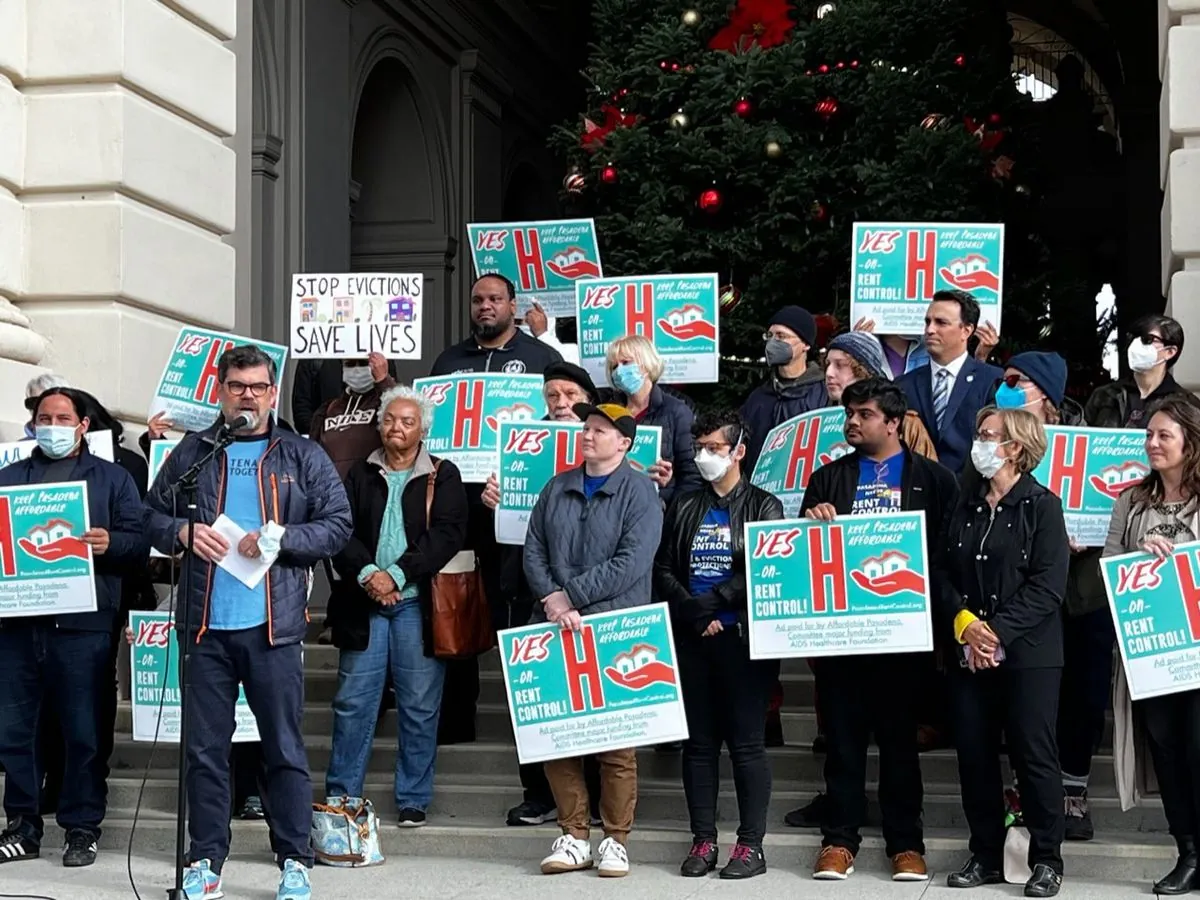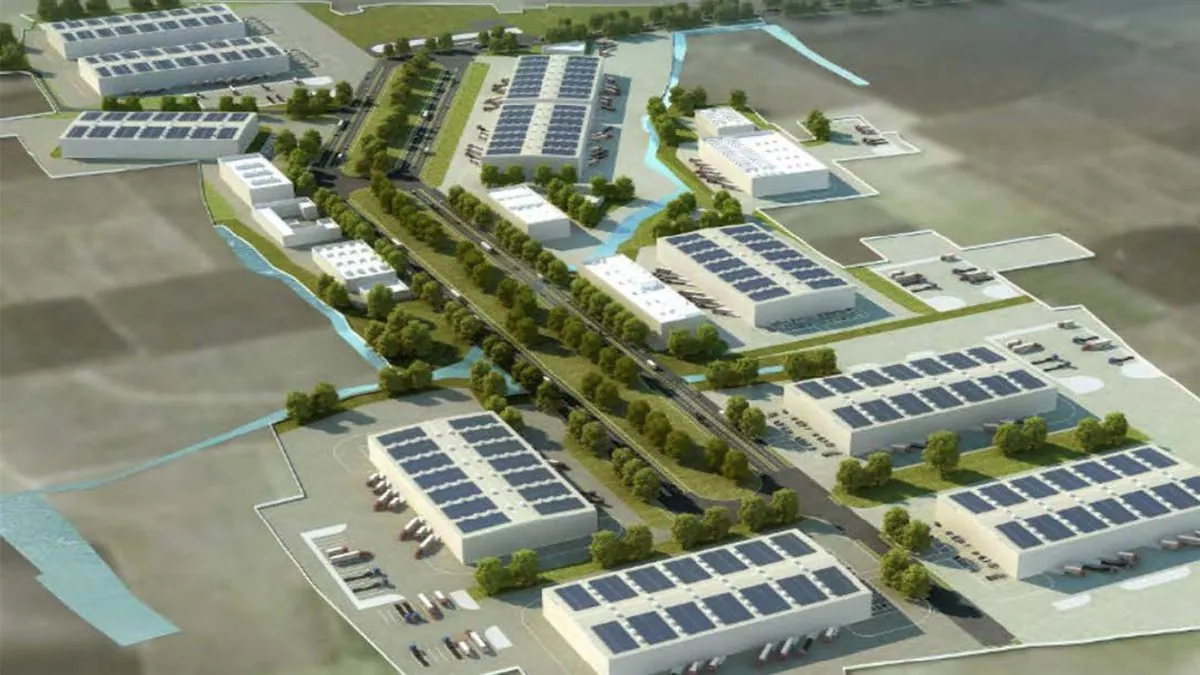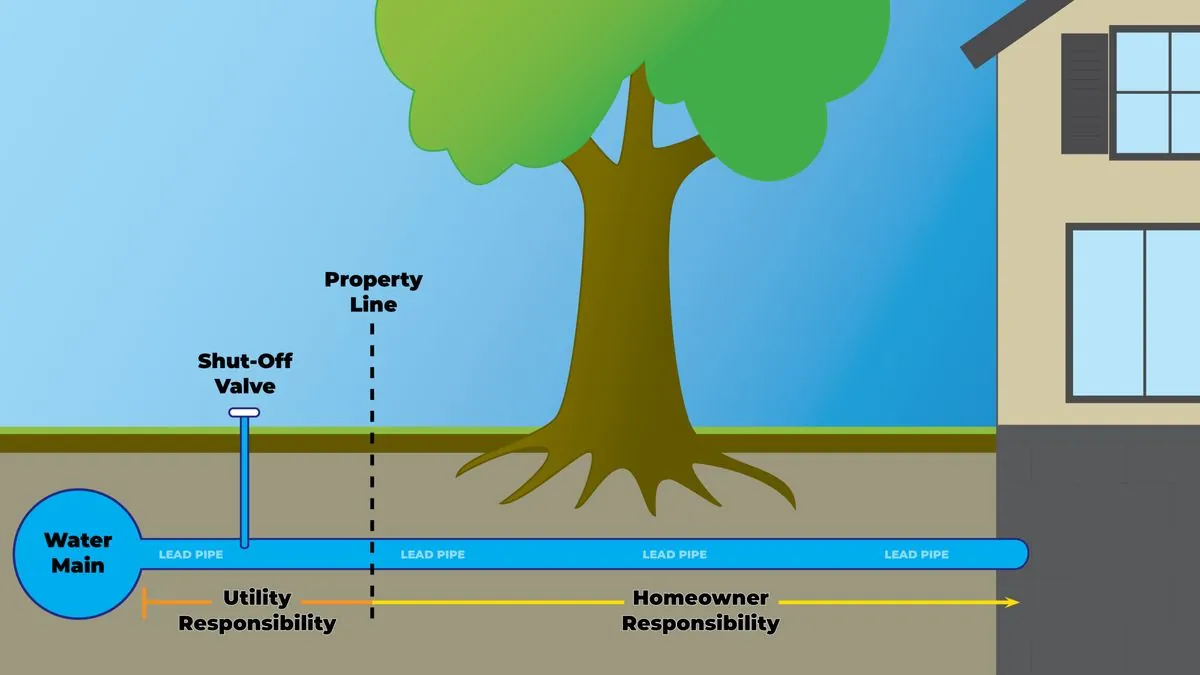Harris's Bold Housing Plan: 3 Million New Homes to Tackle Affordability Crisis
Vice President Kamala Harris proposes building 3 million homes to address America's housing shortage. Her YIMBY-inspired approach aims to boost supply and affordability, marking a shift in Democratic housing policy.

Vice President Kamala Harris has unveiled a bold housing platform that aims to address America's housing affordability crisis by significantly increasing the supply of homes. Her proposal to construct 3 million new homes and incentivize local governments and builders to participate represents a departure from traditional political discourse on housing.
Harris's approach aligns closely with the principles of YIMBYism (Yes In My Backyard), a movement that originated in San Francisco in 2014 as a counterpoint to NIMBYism (Not In My Backyard). While the Vice President doesn't explicitly use the YIMBY label, her focus on boosting housing supply and promoting denser neighborhoods echoes key YIMBY tenets.

The Democratic shift towards addressing housing affordability became apparent in March 2023 when President Joe Biden announced a plan to build and preserve over 2 million homes during his State of the Union address. This focus intensified as the party recognized the challenges of campaigning amidst rising costs.
Harris's specific proposals include:
- Building 3 million new homes
- Providing $25,000 down-payment assistance for first-time homebuyers
- Expanding the Low-Income Housing Tax Credit program
- Creating a $40 billion "innovation fund" for affordable housing
- Addressing corporate landlords and capping rent increases
These initiatives would require congressional approval and face potential hurdles in a divided government. Some economists have expressed concerns that enhanced buyer credits could inadvertently drive prices higher by increasing demand.
"Right now, a serious housing shortage is part of what is driving up cost. So we will cut the red tape and work with the private sector to build 3 million new homes, and provide first-time home buyers with $25,000 down-payment assistance so you can just get your foot in the door. You'll do the rest."
The housing market has experienced significant turbulence since the pandemic, with mortgage rates peaking at nearly 8% in 2023 before settling near 6% in October 2024. This volatility has made homeownership increasingly challenging for many Americans.
In contrast, the Trump campaign has taken a different approach, focusing on immigration restrictions as a solution to housing affordability. However, economists have largely debunked claims that mass deportations would significantly impact housing supply.
While Harris's plan has garnered support, some housing advocates argue that it doesn't go far enough in addressing the needs of renters and low-income individuals. The National Housing Law Project's executive director, Shamus Roller, noted that the plan doesn't fully embrace unbridled market-rate supply.
Advocacy groups, such as the Center for Popular Democracy Action, have organized rallies to call for increased funding for affordable housing and stronger tenant protections. These groups emphasize the importance of addressing the needs of renters, particularly young people and people of color who form a crucial part of the Democratic coalition.
As the housing debate continues, it's worth noting that the US housing landscape has evolved significantly over time. The first apartment building in the US was constructed in New York City in 1869, and the concept of zoning laws dates back to the 1916 New York City Zoning Resolution. The US homeownership rate reached its peak of 69.2% in 2004, highlighting the ongoing challenges in achieving widespread homeownership.
Harris's housing platform represents a significant shift in how major political candidates approach the issue. By focusing on increasing supply and affordability, she aims to address a critical concern for many American voters. However, the success of these proposals will depend on their implementation and ability to navigate the complex landscape of federal, state, and local housing policies.


































